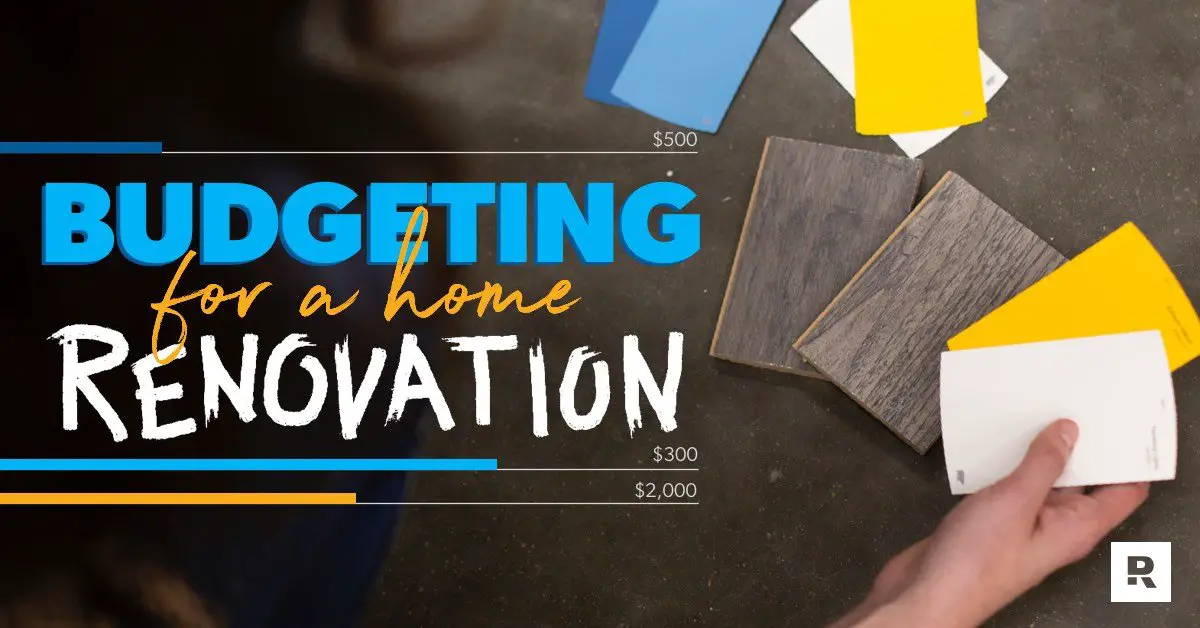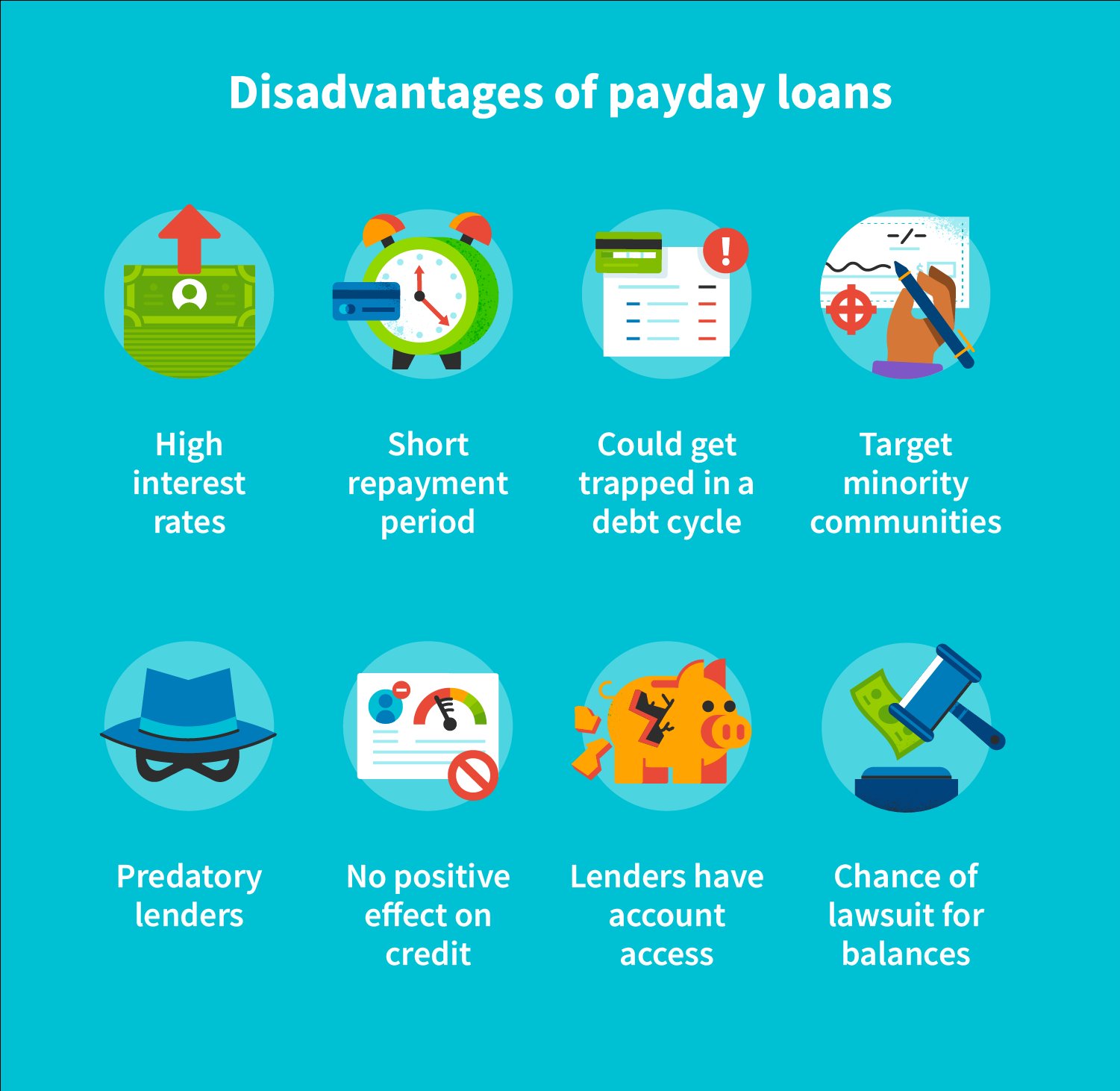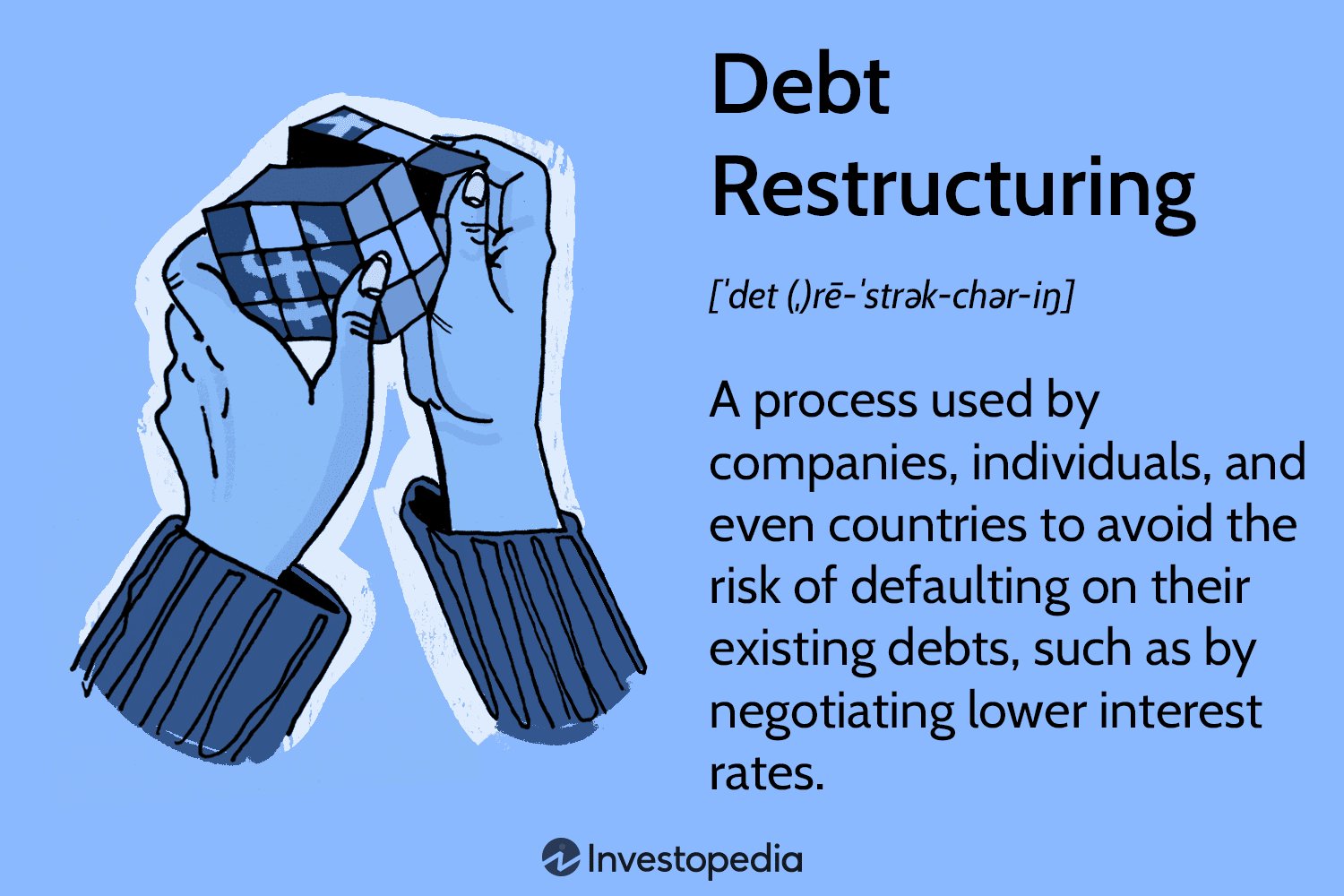Are you dreaming of transforming your home but worried about the cost? Well, look no further! In this blog article, we will show you how to finance home renovations on a budget. Whether you’re looking to spruce up your living space or add value to your property, we’ve got you covered. With our practical tips and creative solutions, you’ll be able to embark on your renovation journey without breaking the bank. So, let’s dive right in and discover how to finance home renovations on a budget!
How to Finance Home Renovations on a Budget
Renovating your home can be an exciting endeavor, but it often comes with a hefty price tag. However, having a limited budget doesn’t mean you have to give up on your dream of transforming your space. With careful planning and smart strategies, you can finance your home renovations on a budget. In this article, we will explore various ways to fund your home improvements without breaking the bank. From exploring affordable financing options to finding creative ways to save money, we’ve got you covered.
1. Determine your renovation budget
Before diving into financing options, it’s essential to have a clear idea of your renovation budget. Knowing how much you’re willing to spend will help you make informed decisions throughout the process. Consider the scope of your project, the materials needed, and any additional costs such as permits or contractor fees.
1.1 Assess your financial situation
Begin by evaluating your current financial situation. Take a close look at your income, expenses, and savings to determine how much you can comfortably set aside for renovations. It’s important to strike a balance between your renovation goals and your financial capabilities.
1.2 Get multiple quotes
Obtaining multiple quotes from contractors or suppliers will give you a better understanding of the costs involved in your project. Reach out to several professionals in your area and compare their estimates. This will help you establish a realistic budget and avoid unexpected expenses.
- Research local contractors and request quotes
- Take note of any variations in pricing or services offered
- Consider the reputation and experience of the contractors
2. Explore affordable financing options
If your savings fall short of your renovation budget, don’t worry. There are several affordable financing options available to help you fund your home improvements.
2.1 Personal loans
A personal loan is an excellent option if you need a lump sum of money for your renovations. With a personal loan, you can borrow a specific amount and repay it over a predetermined period with interest. Shop around for lenders who offer competitive interest rates and suitable repayment terms.
2.2 Home equity loans
If you’ve built up equity in your home, a home equity loan can be a viable choice. These loans allow you to borrow against the value of your home, typically up to 80% of the appraised value. The interest rates on home equity loans are generally lower compared to personal loans, making them an attractive option for financing renovations.
2.3 Home equity line of credit (HELOC)
Similar to a home equity loan, a home equity line of credit (HELOC) also allows you to borrow against the equity in your home. However, instead of receiving a lump sum, a HELOC gives you access to a line of credit that you can draw from as needed. This flexibility can be advantageous for managing unpredictable renovation costs.
2.4 Credit cards with promotional offers
If used responsibly, credit cards with promotional offers can be a convenient short-term financing option. Look for credit cards with low or zero interest rates for an introductory period. Use these cards to pay for your renovations and make sure to pay off the balance before the promotional period ends to avoid high interest charges.
2.5 Government loan programs
In some countries, there are government loan programs specifically designed to assist homeowners with renovations. Research and inquire about any available government-backed loans or grants in your area. These programs often offer favorable terms and may provide financial assistance to low-income households or those renovating energy-efficient homes.
2.6 Financing through contractors or retailers
Some contractors or retailers may offer financing options to their customers. These financing programs may come with special terms or promotional interest rates. While it can be convenient to finance through the contractor or retailer, be sure to compare their offer with other financing options to ensure you’re getting the best deal.
3. Saving money on home renovations
Aside from securing affordable financing, there are numerous ways to save money during the renovation process. By being resourceful and making wise choices, you can stretch your budget further and achieve your desired home improvements.
3.1 Prioritize your needs and wants
Make a list of your renovation priorities, distinguishing between essential improvements and desired upgrades. Focus on the necessary repairs or upgrades that will have the most significant impact on your home’s functionality and value. By prioritizing your needs, you can allocate your budget more effectively.
3.2 DIY where possible
Taking the do-it-yourself (DIY) approach for certain tasks can save you a significant amount of money. Assess your skills and tackle smaller projects that you feel confident in completing. However, be honest with yourself about your limitations and consult professionals for complex or specialized renovations to avoid costly mistakes.
3.3 Shop for discounted materials
Look for sales, discounts, and clearance deals on building materials, appliances, and fixtures. Many home improvement stores offer seasonal promotions or end-of-line sales, providing an opportunity to purchase high-quality materials at a lower cost. Additionally, consider purchasing second-hand items or exploring salvage yards for unique and affordable pieces.
3.4 Hire local contractors
While it’s important to find reputable contractors, hiring local professionals can help reduce costs. Local contractors often have established relationships with suppliers and subcontractors, allowing them to negotiate better prices. Moreover, they are more familiar with local building codes and regulations, minimizing potential delays or additional expenses.
3.5 Opt for energy-efficient upgrades
Investing in energy-efficient upgrades can save you money in the long run. Consider installing energy-efficient windows, upgrading insulation, or investing in eco-friendly appliances. Many governments offer incentives or rebates for energy-efficient renovations, making these upgrades even more financially attractive.
Renovating your home on a budget is not only possible but also an opportunity to get creative and make the most of your resources. By carefully assessing your financial situation, exploring affordable financing options, and making cost-saving choices, you can achieve your dream home improvements without breaking the bank. Remember to plan diligently, compare quotes, and prioritize your needs and wants. With the right approach, you can successfully finance your home renovations on a budget and enjoy the transformation of your living space.
How Do I Financially Plan for Home Renovations?
Frequently Asked Questions
Frequently Asked Questions (FAQs)
What are some ways to finance home renovations on a budget?
One way is to consider applying for a home renovation loan or a personal loan specifically for home improvements. Another option is to utilize a home equity line of credit (HELOC) if you have equity in your home. Additionally, you can explore government programs that offer grants or low-interest loans for home renovations.
Can I use a credit card to finance my home renovations?
Yes, you can use a credit card to finance your home renovations. However, be mindful of the interest rates and fees associated with credit card financing. It’s essential to compare different credit cards and choose one with favorable terms and low-interest rates.
Are there any specific government programs available for financing home renovations?
Yes, there are various government programs that can help finance home renovations. Examples include the Federal Housing Administration (FHA) Title I Property Improvement Loan, state or local grants, and programs offered by the U.S. Department of Agriculture (USDA) and the U.S. Department of Housing and Urban Development (HUD).
How can I minimize costs when renovating my home on a budget?
To minimize costs during home renovations, you can consider DIY (do-it-yourself) projects, shop for materials during sales or discounts, prioritize essential improvements rather than cosmetic changes, and obtain multiple quotes from contractors to compare prices.
Is refinancing my mortgage a good option for financing home renovations on a budget?
Refinancing your mortgage can be a viable option for financing home renovations, especially if current interest rates are lower than when you initially obtained your mortgage. By refinancing, you can potentially lower your monthly mortgage payments and utilize the extra funds for renovation purposes.
What is the difference between a home equity loan and a home equity line of credit (HELOC)?
A home equity loan provides a lump sum amount upfront, which you repay through fixed monthly installments over a specific term. On the other hand, a HELOC acts more like a credit card where you have a pre-approved credit limit and can borrow as needed, making interest payments on the amount borrowed.
Should I consider borrowing from my retirement savings to finance home renovations?
Borrowing from your retirement savings, such as a 401(k) or an IRA, should generally be avoided unless it is a last resort. Withdrawing from these accounts may incur penalties, taxes, and can jeopardize your future financial security. It’s advisable to explore other financing options before tapping into retirement funds.
Are there any tax benefits or incentives available for home renovations on a budget?
Depending on your country and local regulations, there may be tax benefits or incentives available for certain types of home renovations. For example, energy-efficient upgrades might qualify for tax credits. It’s recommended to consult with a tax professional or research local laws to determine if you are eligible for any tax benefits.
Final Thoughts
In conclusion, financing home renovations on a budget can be a challenging task, but with thoughtful planning and smart choices, it is possible to achieve your renovation goals without breaking the bank. Start by setting a realistic budget and prioritizing your renovation projects. Consider alternative financing options such as personal loans, home equity loans, or credit cards with low-interest rates. Research and compare different contractors to get the best value for your money. Additionally, explore DIY options and cost-saving strategies to stretch your budget further. With these tips in mind, you can successfully finance your home renovations on a budget.



